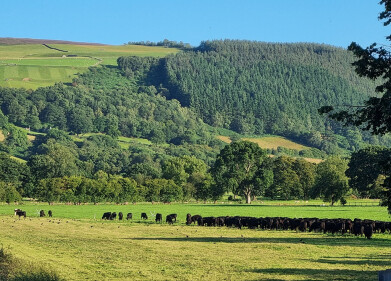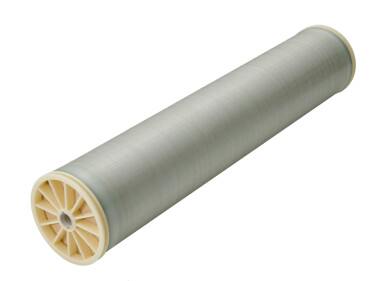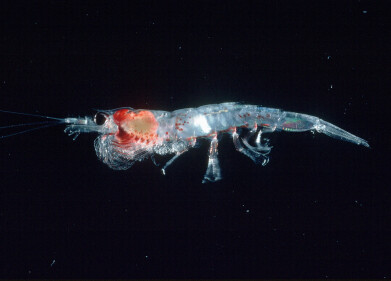Water/Wastewater
Workglop 128 Wastes No Time Hoovering Up
Mar 16 2012
Ecoceane (France), a company specialising in vessels that collect floating debris and hydrocarbons, will present its new ship at Interspill 2012 — the WORKGLOP 128. This unique anti-pollution vessel will be moored alongside the ExCeL exhibition centre in London (UK) from 13 to 15 March 2012. Ecoceane’s proven technology, which hoovers up waterborne waste in an emulsion-free manner, was used to clean up the oil slick in the Gulf of Mexico in 2010.
WORKGLOP 128 acts as a vacuum cleaner across the surface of the sea, capable of recovering waterborne pollution at a speed of 80m³/h. Ecoceane will demonstrate the unique effectiveness of its WORKGLOP 128, the company’s premier ship for marine depollution, at the Interspill 2012 trade fair, to be held from 13 to 15 of this month at the ExCeL exhibition centre in Docklands (London).
The WORKGLOP range, at the cutting edge of Ecoceane’s technology, supplies an array of services, combined with the recovery of floating solids and liquid waste. These ships are to be used for the protection of large industrial and commercial ports and that of the shoreline, and in the oil-and-gas sector.
The Ecoceane ships are fitted out with hydraulic aluminium self-floating booms, connected at the stern by a transversal axis, which makes it possible to work simultaneously on different planes. The booms are constantly in the optimum position on top of the waves and enable all the vessels in the WORKGLOP range (106, 117 and 128) to work effectively in bad weather, including in conditions where winds and/or waves are up to Force 6.
From the starting of the engine, the Ecoceane ships filter the water that is passing between the ship’s hulls: macro-waste material is stopped by a basket-container, and the hydrocarbons pass into a separator where they are stored as they float. This technology has been patented.
Most importantly, the Ecoceane collection system does not create emulsion. If the recovered pollution is already emulsified, it cannot be transferred, as the transfer pump always sucks in the hydrocarbons above the water (and above the emulsion). When the separator is full of emulsion, it is isolated and heated — using a keel-cooling system and a generating unit — in order to separate the hydrocarbons from the water.
The WORKGLOP 128 constitutes a major innovation, for which Ecoceane was awarded A T Kearney’s Best Innovator Prize. The company has also received the Top Innovation Prize for good environmental practice by the Association des techniciens et professionnels du pétrole (AFTP, the French Association of Oil Industry Engineers and Technicians) at the Annual Hydrocarbon Day 2011 in France.
The capacity of an ultra-large crude carrier (ULCC) reaches 500,000 metric tons and 2.6 billon metric tons of crude oil were transported by sea in 2008. Ensuring the safety of the shoreline, coasts, ‘motorways of the sea’, and fisheries, as well as the conservation of the biotope, are the major maritime issues of the 21st century, imposing on states the need for a concerted policy on disaster prevention and intervention.
Events
Carrefour des Gestions Locales de L'eau
Jan 22 2025 Rennes, France
Jan 29 2025 Tokyo, Japan
Feb 05 2025 Nantes, France
Feb 16 2025 Kampala, Uganda
Feb 26 2025 Chennai, India




-as-feedstock.jpg)





